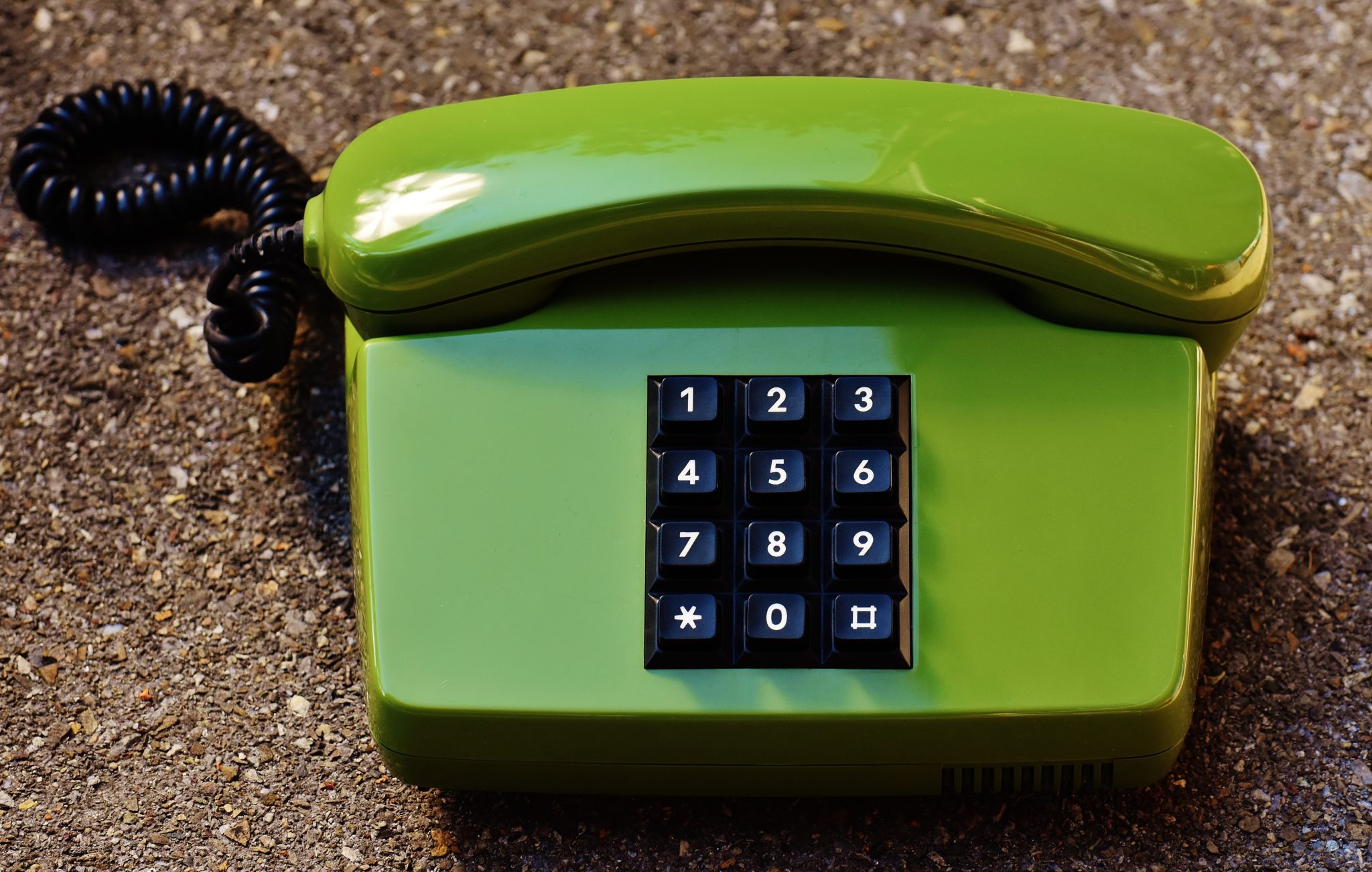
Many of you are guaranteed to have significant life events during your four years. Marriage, family crises, car accidents, and sickness are all part of life. And a four-year period of time is a large enough amount for something huge to change in your life. But, with the daily grind of residency, all these life events can become significantly more complicated. Who has time to be able to leave work at a moment while you are dealing with of myriad of possible life issues? So, what are some of the primary steps you can take to prevent your life from interfering with your work? How can you make sure to preserve your integrity within a radiology residency while these events happen during your radiology residency? Some of these obligations seem like common sense, but this is an excellent checklist for radiology residents. These steps can be easy to forget when life throws you a curveball.
Notify Relevant Faculty
You may be in an uproar because of a challenging event. However, most of your faculty will be understanding. If you are not going to be around because you need to go to court or a funeral, most faculty and attendings will understand. Additionally, you won’t be leaving them in the dust when you don’t show up for work at that time.
Get Coverage
By that same token as above, if you are not going to be around, try to find someone that can take your place if you need coverage for whatever rotation you are on. Now that you are a resident, you need to take responsibility for your actions, and getting coverage shows that you can handle the job.
Find Times That Don’t Interfere With Patient Care
OK. It is certainly not possible to change the time of a funeral. However, you can usually make many critical phone calls, heated conversations, and necessary appointments at times that don’t interfere with patient care. It is merely polite and appropriate to do so. Imagine you were the patient on the other end listening to a personal phone call from your doctor. That whole situation could be a bit embarrassing.
Try To Plan Events With Significant Notice
You can plan some significant life events with notice. Marriages, engagement parties, and meetings to discuss a will don’t have to occur in the middle of a typical workday. Try to plan these events well in advance, so they don’t have to interfere with your training and patient care.
Don’t Assume Everyone Knows Your Significant Life Events
When you are stressed out, not everyone may appreciate your situation. If you feel comfortable telling your colleagues and staff what is appropriate to divulge, let them know what is happening. Most folks will have some empathy for what you are going through at the time. It may even bring you closer to your residency. Most residencies are kind of like a family. Conflicts can arise when people in the family don’t know the issues.
Stay At Home If It Is Needed
Especially nowadays, since the beginning of the COVID pandemic, most faculty have become more sensitive to the issue of staying home if sick or can’t function appropriately at work. And, every once in a while, there is nothing wrong with taking a mental health day. If it makes you able to come back to work soon with renewed strength and attention, it may be worth the day or two that you need for yourself.
Dealing With Significant Life Events During Residency
Four years is a relatively long time to be anywhere, let alone a residency. And personal disasters and happy life occasions/milestones are destined to occur. Some of these events will distract you from the focus of your training. Nevertheless, try to mitigate the effects by following some of these guidelines. Simply telling folks the issues, getting coverage, and finding times to take care of business can make a difference. Following these guidelines allow you to look responsible. And they are ways to ensure that your residency will run more smoothly and without bogging you down with miscommunications and problems during radiology residency. Life interruptions don’t have to ruin your residency experience!







